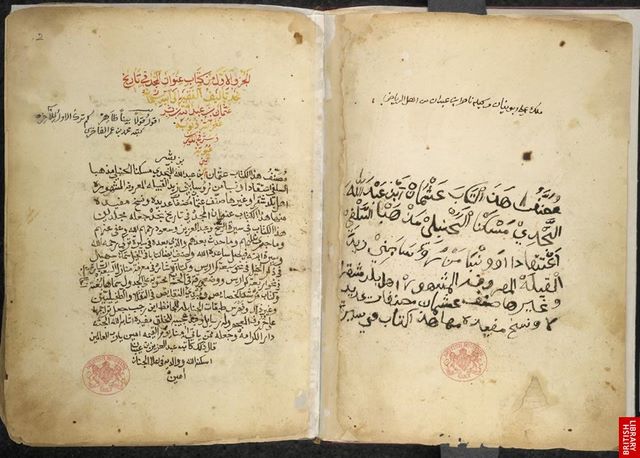Wahhabism began as a religious and spiritual reform movement in Najd, a remote and rather featureless area of central Arabia. Its founder, Muhammad ibn ‘Abd al-Wahhab (1703-92), was born in Najd, into a region inhabited by an Arab population of predominantly tribal structure. Based on the legal interpretations of Ahmad ibn Hanbal and Ibn Taymiyah, which are conservative and literal in approach, Wahhabism is based on Sunni Islam but is very puritanical in its outlook. It forbids all practices that might be considered innovations, such as the Sufi custom of venerating saints, and disapproves of activities such as listening to music.
Ibn ‘Abd al-Wahhab was protected by the Najdi chieftain, Muhammad ibn Sa’ud, with whom he concluded a treaty. Over the generations the teachings of Muhammad ibn ‘Abd al-Wahhab became the religious force behind the formation of what is today the kingdom of Saudi Arabia. The country is home to Islam’s two holiest sites, Mecca and Medina, places associated with the Prophet Muhammad. Mecca is the target of the hajj, the pilgrimage that must be undertaken by every able-bodied Muslim at least once.
The teachings of Muhammad ibn ‘Abd al-Wahhab are referred to in this history of the Najd by the chronicler ‘Uthman ibn ‘Abd Allah ibn Bishr. This manuscript is the only known copy of his work.
